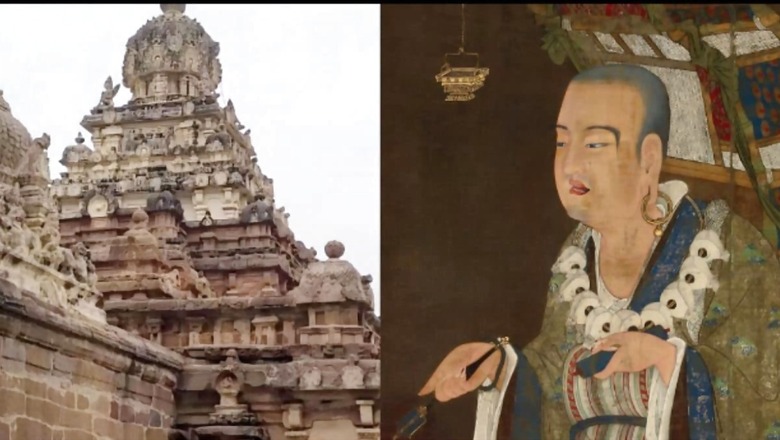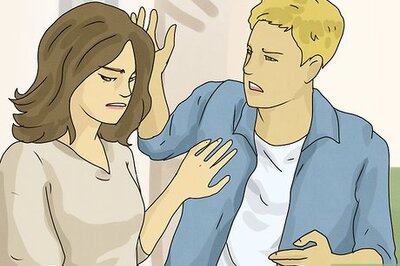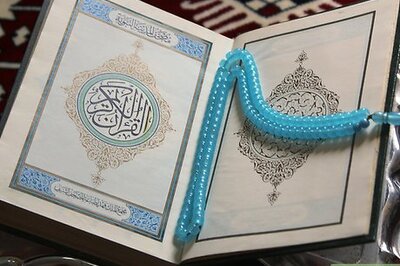
views
India is known for its rich cultural heritage and is home to monuments and temples that speak volumes about it. Many of them are comparatively lesser known than their famous counterparts, and toda, we will talk about one such temple located in Tamil Nadu’s Kanchipuram. Vaikunda Perumal Temple was built in the 7th century during the reign of the Pallava king Nandivarman II. Dedicated to Lord Vishnu, the moolasthan of this temple has three individual tiers and the entire temple is built of sandstone.
Lord Thirumal’s standing, sitting and reclining idols are on display at the Vaikunda Perumal Temple. There are carvings of war scenes and allusions to the conflict between the Pallavas and the Chalukyas on the inside walls of the temple. In these battle scenes, horses, elephants, warriors and the valour of the warriors are portrayed. Each sculpture in this temple is set on a brick wall and has a unique story to tell. On the one hand, they serve as examples of Lord Thirumal’s qualities and exceptional deeds. Cultural programmes including dance, music and art programmes are genuinely exemplified on the other hand.
One particular sculpture is, however, set apart from the rest. It is a sculpture of renowned Chinese monk and pilgrim Hiuen Tsang who visited Kanchipuram during the reign of Pallava ruler Narasimha Varman 1. His journey established various contacts between China and India, with the opening of new cultural exchanges and trade routes between the two countries.
The Pallava rulers honoured the Chinese traveller by erecting a sculpture in his honour at the Vaikunda Perumal Temple. It can be seen on the southeast wall of the temple and is a sign of the level of diplomacy between India and China in the 7th century. Hiuen Tsang is believed to have said in his writings that Kanchipuram was a hub for Buddhists and Jains under Pallavas’ reign in the 7th century.




















Comments
0 comment